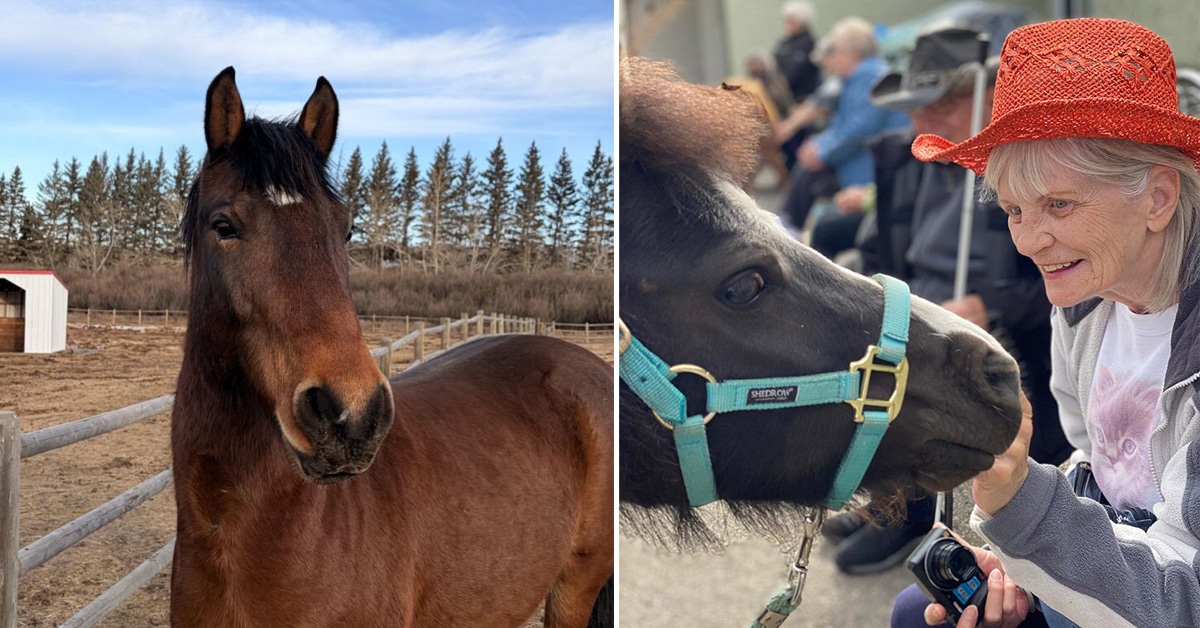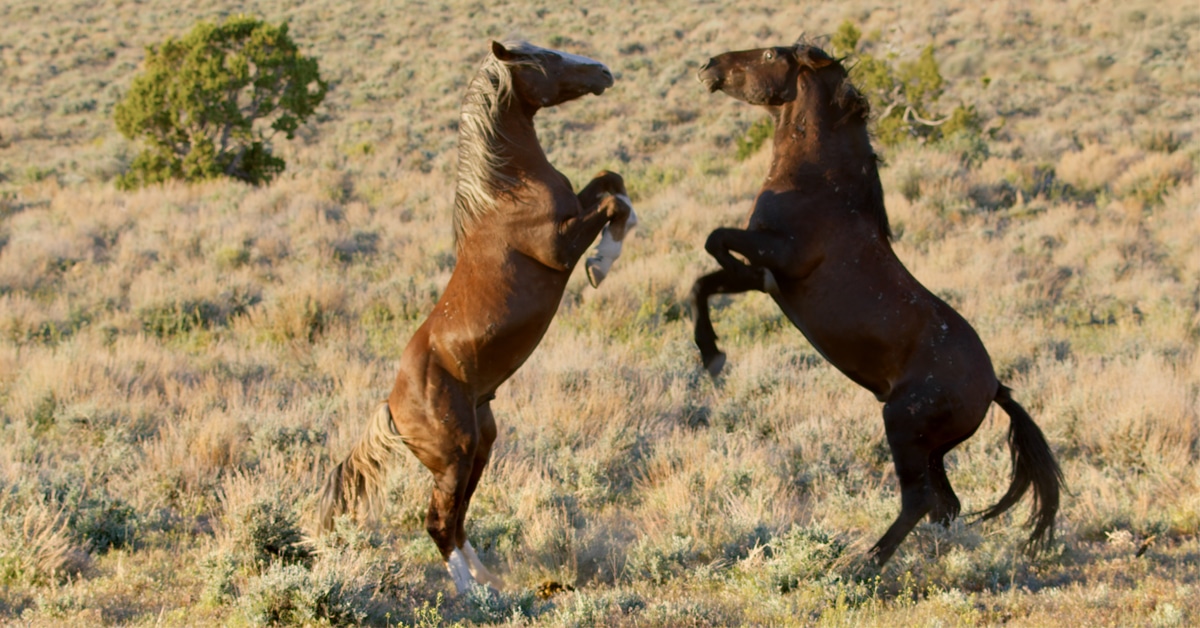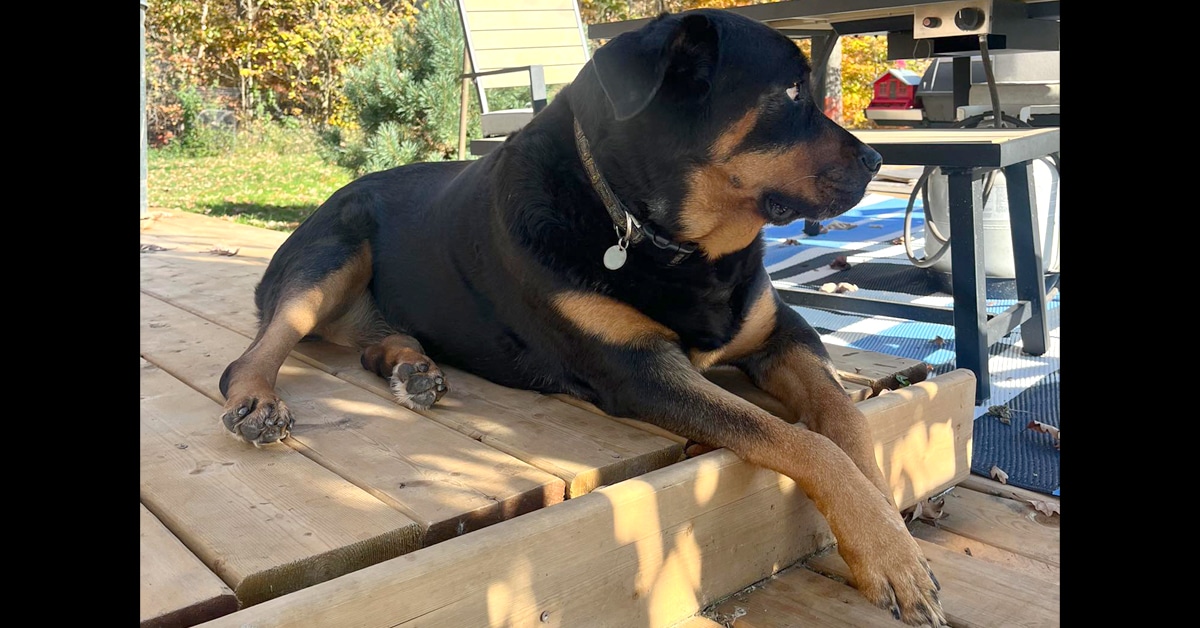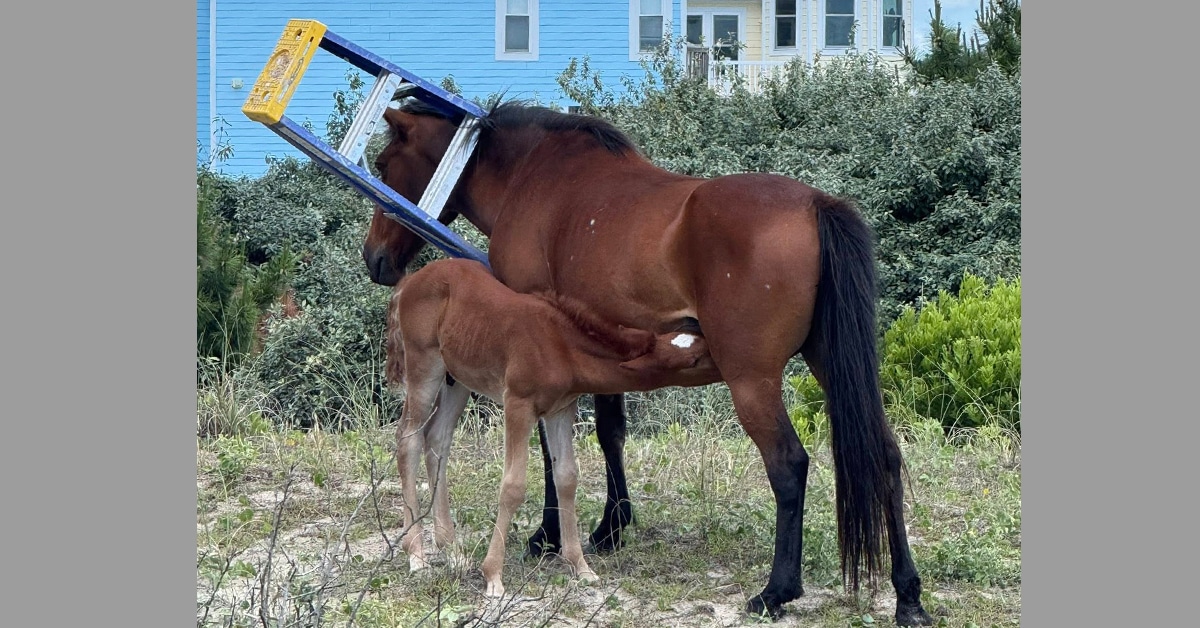Checklists and reminders can be your best friends when it comes to fire safety. It is easy to get caught up in the day-to-day chores and move seemingly less important items indefinitely to the “get around to it when time” list. When it comes to fire safety, there are some top tips that need daily, weekly and seasonal attention. Equine Guelph has a free download to help you stop barn fires.
No one wants to think about tragedy and loss but prevention protocol needs to be followed with diligence. Just one stray cigarette butt in an area with combustibles (like hay and shavings) is a recipes for disaster and it only takes an uninformed visitor. It would be hard to forgive forgetfulness if an unattended fan or heater started a fire. An extinguisher that does not work in a time of need is just another great reason to make time for checklists and to ensure everyone at the stable has training on emergency procedures.
Details are easy to put off but prove critical in prevention. Trimming of weeds, grasses and brush from around buildings and regular removal of rubbish are great examples. Removing cobwebs regularly, sweeping up loose hay in the barn and storage areas and dusting are all good housekeeping to reduce those combustible fuel sources.
Those items for the seasonal and annual agenda are often the most neglected. When was the last electrical wiring inspection and test for the smoke alarm? A qualified electrician should evaluate your facility. Your local fire department can help you by walking through your facility and provide recommendations for a pre-plan.
“Education, awareness, and planning are key to minimizing the risk of fire,” says Victor MacPherson, District Chief of the Adjala-Tosorontio Fire Department.
“Barn fires are tragic events with potential for human and animal loss of life or injuries and /or property loss. Approximately 40% of all barn fires are caused by faulty electrical systems,” says Dean Anderson, Workplace Safety & Prevention Services. He suggests to take the time to ‘Stop, Think and Act.’
Anderson adds, “This simple approach asks farm operators to STOP, reflect about what is the worst that could happen; what the impacts of a fire would mean to your operations. THINK about what you could do to prevent an event from happening. Have you talked to your local fire department, do you have an emergency plan, does everyone know who to call, do they know the plan to move livestock? ACT to ensure an event will not happen. Do a walk-around inspection, ensure the maintenance and housekeeping are up to expectations. Taking a few moments now could save a lot of grieve in the future.”
Visit EquineGuelph.ca here for more resources on the Barn Fire Safety web page sponsored by Heartland Farm Mutual.
Subscribers of Canadian Thoroughbred magazine, Trot magazine and Quarter Racing Owners of Ontario (QROOI) members recently received a free copy of Equine Guelph’s handy barn fire checklist. Download yours at Equine Guelph.ca from the Barn Fire Safety healthcare tool here.
Visit Equine Guelph’s travelling interactive safety exhibit, EquiMania!, complete with fire safety display, at the Can-Am All Breeds Expo March 31 – April 2. Thank you to our EquiMania! sponsors for their generous support: Greenhawk, Kubota Canada, Ontario Equestrian Federation, SSG Gloves, System Fencing, Shur-Gain and Workplace Safety and Prevention Services.
Want to learn more? Equine Guelph will be hosting a Fire Prevention and Emergency Rescue Training Workshop for the Horse Racing Industry at Mohawk Racetrack on April 25 & 26, 2017 followed by a Technical Large Animal Emergency Rescue Operational Level Course for fire fighters on April 28, 29, 30 at the Meaford Fire Department Training Centre.
More News









